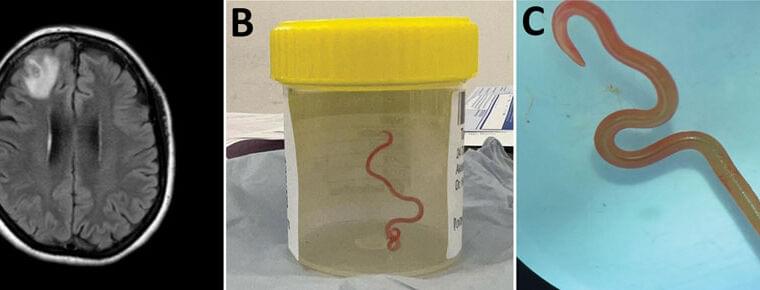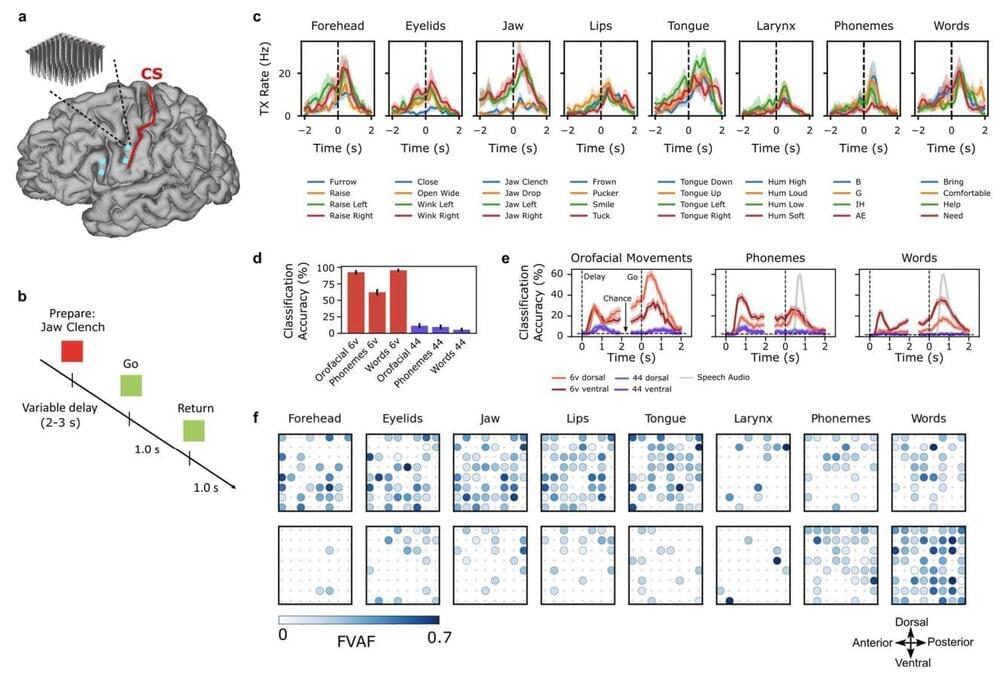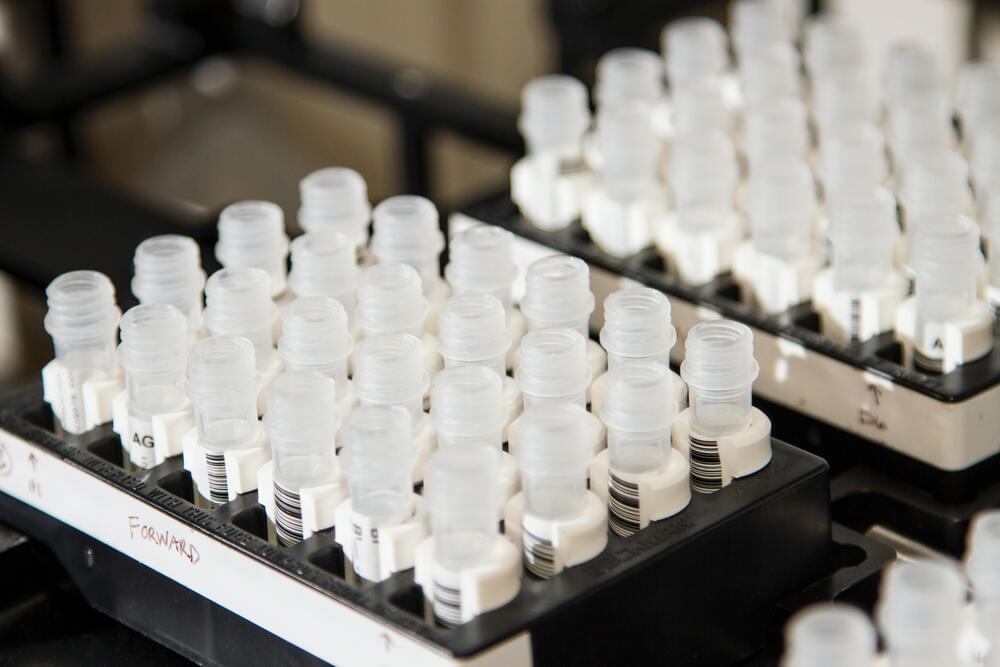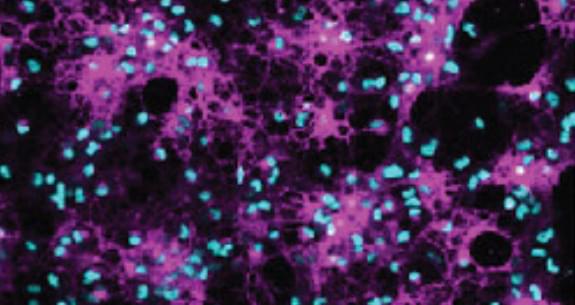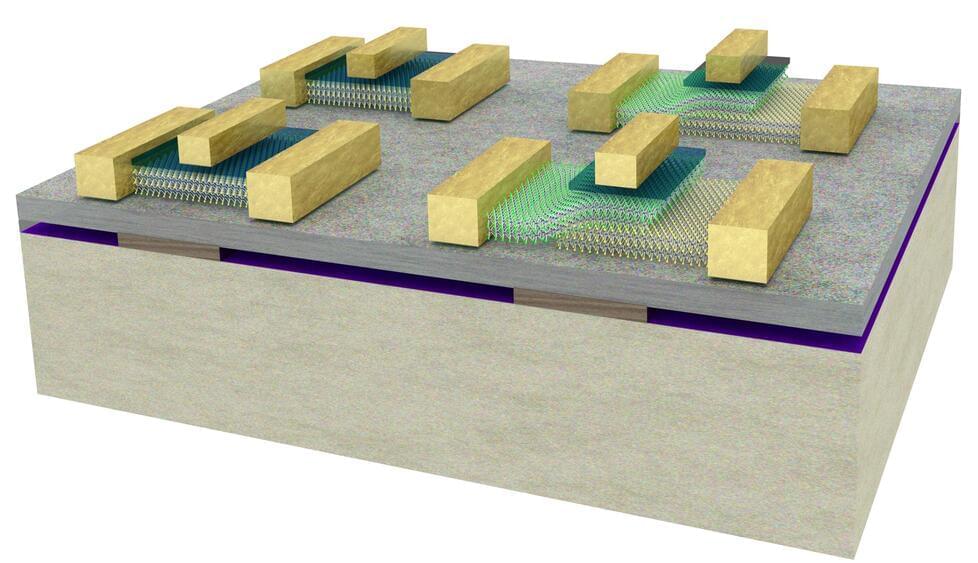A neurosurgeon in Australia pulled a wriggling 3-inch roundworm from the brain of a 64-year-old woman last year—which was quite the surprise to the woman’s team of doctors and infectious disease experts, who had spent over a year trying to identify the cause of her recurring and varied symptoms.
A close study of the extracted worm made clear why the diagnosis was so hard to pin down: the roundworm was one known to infect snakes—specifically carpet pythons endemic to the area where the woman lived—as well as the pythons’ mammalian prey. The woman is thought to be the first reported human to ever have an infection with this snake-adapted worm, and it is the first time the worm has been found burrowing through a mammalian brain.
When the woman’s illness began, “trying to identify the microscopic larvae, which had never previously been identified as causing human infection, was a bit like trying to find a needle in a haystack,” Karina Kennedy, a professor at the Australian National University (ANU) Medical School and Director of Clinical Microbiology at Canberra Hospital, said in a press release.
